 Delhi unveils ambitious Urban Mobility Vision: Luxury Metro Coaches, New Tunnels and Pod Taxi
Delhi unveils ambitious Urban Mobility Vision: Luxury Metro Coaches, New Tunnels and Pod Taxi Qatar approves Saudi Rail Link Agreement, Accelerating Gulf Railway Vision 2030
Qatar approves Saudi Rail Link Agreement, Accelerating Gulf Railway Vision 2030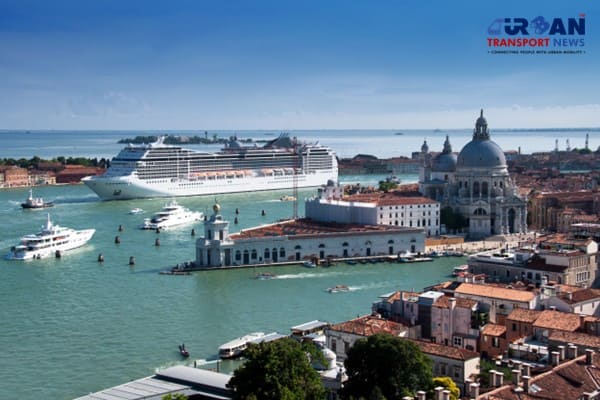 UP Govt plans to introduce Water Metro services in Ayodhya, Varanasi & Prayagraj
UP Govt plans to introduce Water Metro services in Ayodhya, Varanasi & Prayagraj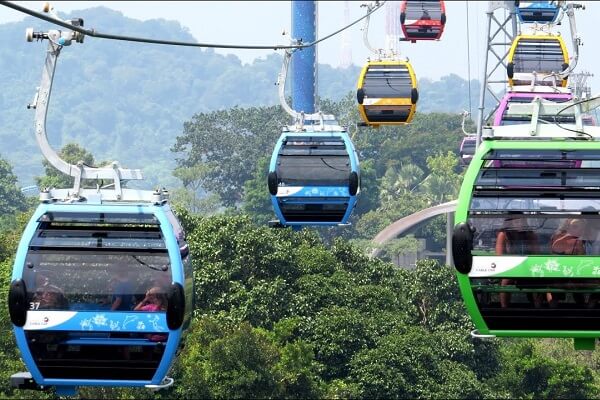 India’s First Urban Ropeway begins Trial Run in Varanasi, Set to carry 1 Lakh passengers daily
India’s First Urban Ropeway begins Trial Run in Varanasi, Set to carry 1 Lakh passengers daily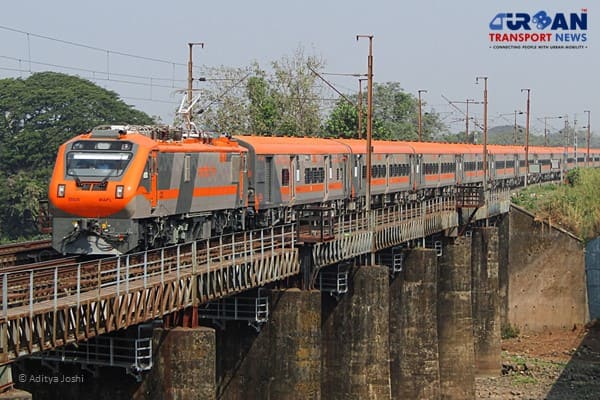 India and Bhutan to Build First-Ever Rail Link: ₹4,033 Cr Project to Boost Regional Connectivity
India and Bhutan to Build First-Ever Rail Link: ₹4,033 Cr Project to Boost Regional Connectivity Patna to launch Eco-Friendly Water Metro; Trial Run soon between Digha and Kangan Ghats
Patna to launch Eco-Friendly Water Metro; Trial Run soon between Digha and Kangan Ghats Air India Group set to launch Flights Operations from Navi Mumbai International Airport
Air India Group set to launch Flights Operations from Navi Mumbai International Airport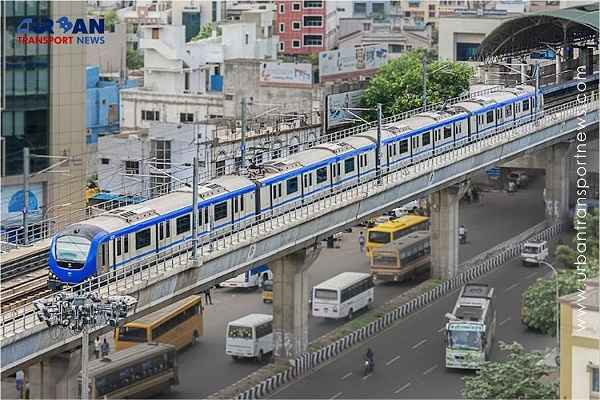 Chennai to launch 25-Year Mobility Plan with Unified QR Ticketing and One-App Transit System
Chennai to launch 25-Year Mobility Plan with Unified QR Ticketing and One-App Transit System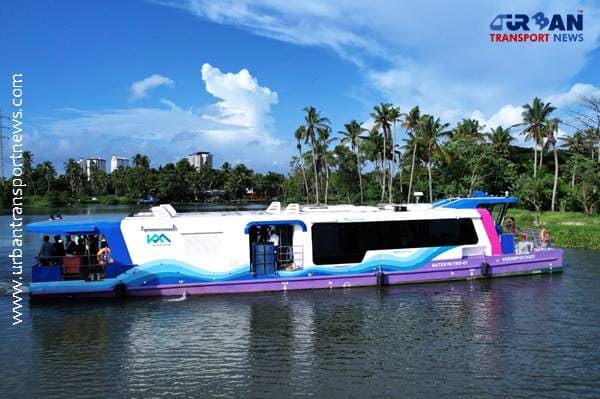 Kochi Metro bags ₹4.4 crore contract to prepare DPR for Mumbai Water Metro Proejct
Kochi Metro bags ₹4.4 crore contract to prepare DPR for Mumbai Water Metro Proejct Navi Mumbai International Airport set for September launch; IndiGo and Akasa Air to lead Operations
Navi Mumbai International Airport set for September launch; IndiGo and Akasa Air to lead Operations
Transformative Impacts of High-Speed Rail on India's Economic Landscape
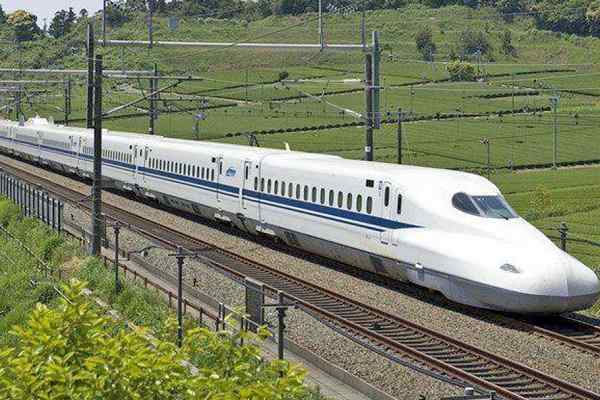
India, with its vibrant economy and burgeoning industries, stands at a crucial juncture where the acceleration of progress is paramount. The comparison between two vital economic hubs, Chennai and Bengaluru, separated by 177 miles, unveils a stark reality – the fastest train journey takes over four hours. This pales in comparison to China's high-speed rail network covering 26,000 miles, enabling a swift 665-mile journey from Beijing to Shanghai in the same timeframe. The need for India to embrace high-speed rail becomes evident as it aspires to compete on the global stage.
Lagging Behind in Connectivity
While India boasts the Vande Bharat Express, its fastest locomotive, the limitations of existing tracks restrict its speed to less than 80 miles per hour. In contrast, China's high-speed rail achieves a top speed of 220 miles per hour. The delay in India's ambitious bullet-train project, supported by Japanese investment, further widens the gap. The first route, slated for completion by August 2026, aims to reduce travel time between Mumbai and Ahmedabad. However, by then, China's high-speed rail would have surpassed 30,000 miles.
The Crucial Link Between Railways and Exports
Research by Lin Tian at INSEAD in Singapore and Yue Yu at the University of Toronto underscores the profound impact of high-speed rail on a country's economic landscape. Analyzing the staggered opening of new high-speed rail stations in China between 2008 and 2013, their findings reveal a strong correlation between a firm's domestic geographic integration and its success in international markets. A notable increase in geographic integration leads to a 4% rise in export revenue, driven by a 5% reduction in unit export prices and a 9% increase in export volume.
Transport as a Catalyst for Knowledge Sharing
While India battles challenges like red tape and infrastructure gaps for merchandise exports, the significance of transport as a conduit for knowledge sharing cannot be overlooked. Anecdotal evidence from China highlights the transformative impact of high-speed rail on businesses. The ability to swiftly traverse long distances facilitates quicker adaptation to market changes. In contrast, India's slower train travel impedes the flow of information critical for businesses to thrive.
The Economic Impact on Manufacturing
India's manufacturing sector, contributing a mere 13% to the economy, faces challenges of spatial realignment. Once-thriving hubs like Meerut in Uttar Pradesh have witnessed a decline, with prolonged train journeys to major manufacturing centers hindering growth. In contrast, Taiwan's high-speed rail has played a pivotal role in expanding its chip sector, boosting cities along the route. India's missed opportunities in fostering manufacturing clusters pose a risk to its economic future.
Looking Ahead: Maglev Technology and Economic Complexity
China's adoption of Maglev technology for intercity travel presents a glimpse into the future of connectivity. While India has made strides in certain areas, such as a nationwide consumption tax and new highways, the focus on high-speed rail remains a crucial factor for economic evolution. Maglev's potential to reduce travel time significantly could position China as a leader in productivity, challenging India's demographic advantage.
Fast-Tracking India's Future
In a rapidly evolving global landscape, the importance of high-speed rail in propelling economic growth cannot be overstated. As India seeks to unleash its full economic potential, bridging the connectivity gap through advanced rail infrastructure becomes imperative. The train, as a mode of affordable and efficient travel, holds the key to unlocking opportunities, fostering innovation, and propelling India into a future of sustained prosperity.







